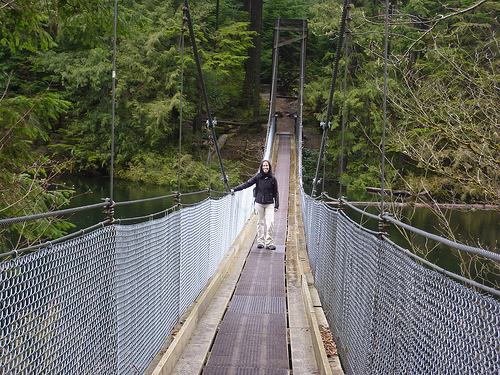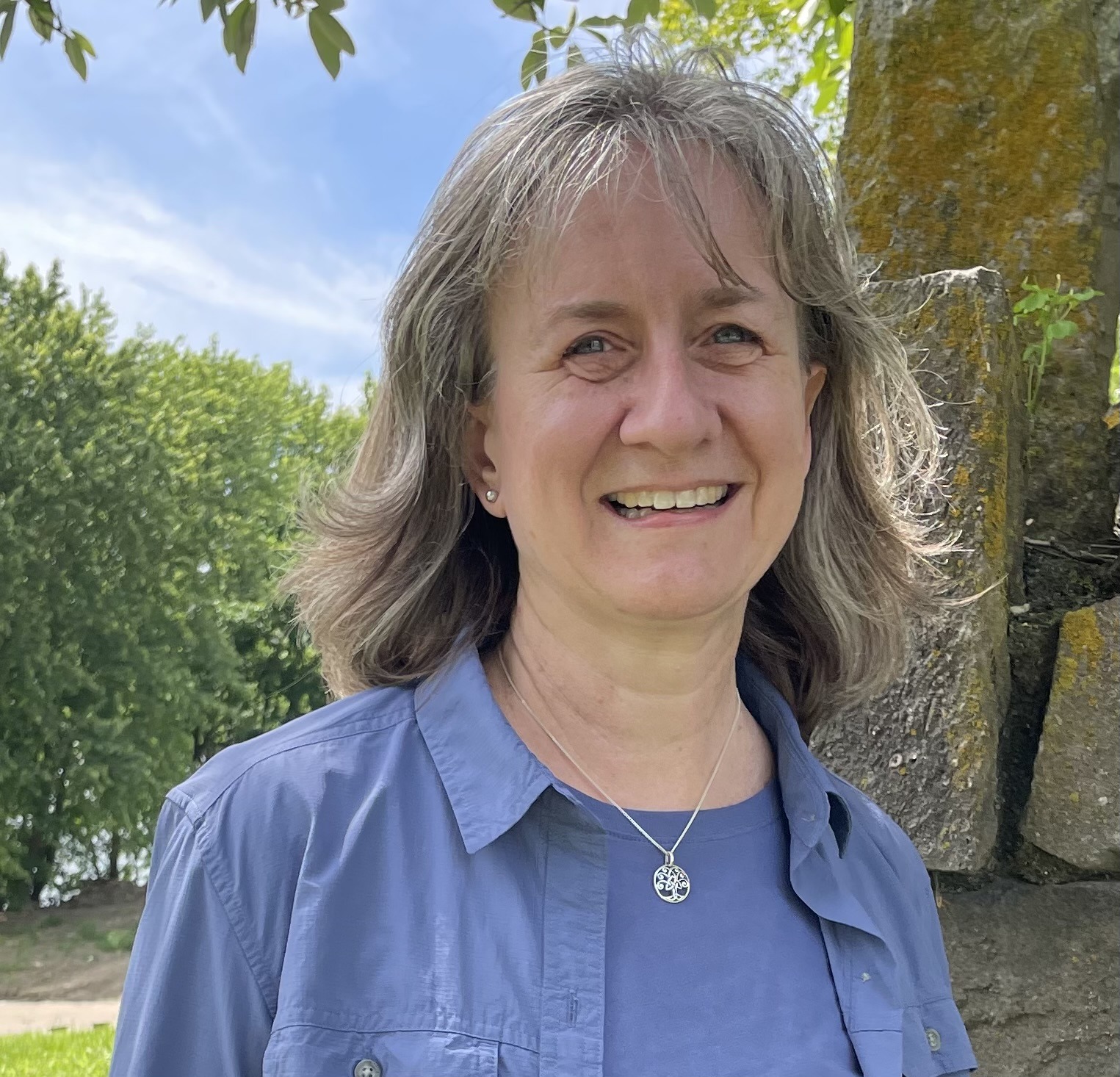

As emerging scholars work to persevere through the end of the semester and prepare for summer travels, Jamie Noyd offers a Scholar’s Compass series on Pilgrimage. The first of five parts is below.
Blessed are those whose strength is in You, whose hearts are set on pilgrimage.
As they pass through the Valley of Baka, they make it a place of springs; the autumn rains also cover it with pools. – Psalm 84:5,6
Reflection
What is it to have your heart set on pilgrimage?
On one level Psalm 84 speaks specifically of traveling the highway to the temple in Jerusalem, God’s dwelling place, the courts of the Lord. However, the psalmist also reflects on the posture of the pilgrim along this path – the yearning for and the single-minded focus on God no matter what the circumstances. God, the focus of this posture, makes even the most dry lands a place of springs.
In the 21st century, two millienia after Jesus himself declared he will be with us always and has sent his Spirit to the ends of the earth, such passages can seem irrelevant. It seems to make no sense that pilgrimages would bring special blessings. Aren’t we to seek and find God where we are? Five hundred years ago the Protestant reformers even recognized pilgrimage as a relic of a former time. According to Martin Luther:
All pilgrimages should be stopped. There is no good in them: no commandment enjoins them, no obedience attaches to them. Rather do these pilgrimages give countless occasions to commit sin and to despise God’s commandments” (Davies 98).
Furthermore, if one is looking at these journeys from within academia they can seem frivolous and overly emotional – too sentimental for any serious scholar.
But should we be so quick to forget this practice? If we look more deeply, these journeys provide models that can help us renew our interaction with God and his world. Though pilgrimages are not the only way to express a yearning for God, there is something about them that creates the environment for such a yearning to thrive.
Stories of people drawing closer to God while traveling to a place where God calls them fill the scriptures. Abraham, Jacob, Ruth, and many more struck out on journeys that would transform not only them, but the people around them. Later, in the early days of the Christian church, pilgrims would visit the tombs of saints where “the contrasted poles of Heaven and Earth met” (Brown 3) as stories of miracles grew. After St. Helena, Constantine’s mother, rediscovered the location of Jesus’ crucifixion and other holy sites, people started visiting Jerusalem to walk where Jesus walked. As the centuries passed, pilgrimages to sites across Europe and through to the Holy Land became so popular that they drove the economies of many towns.
Yes, abuses can be found in all of these journeys as people unscrupulously attempted to profit from the pilgrims and even deceive them about the forgiveness that would come through their actions, instead of God’s mercy. Two classics in English literature, Geoffrey Chaucer’s Canterbury Tales and John Bunyan’s Pilgrims Progress, reveal some of the undersides of pilgrimage. Still, though God does not require pilgrimage, it is a practice that can bring blessing.
Several of my favorite definitions of pilgrimage that help to redeem it for a modern audience include:
- a response to something inside us that longs to move toward, that seeks the holy beyond (Bodo 9);
- a transformative journey to a sacred center (Cousineau xxiii); or even,
- a journey to a story (Elie x).
Though we may agree that traveling to a religious site can indeed bring blessings to the traveler, the connection of pilgrimage with the academy is more tenuous.
Yes, sometimes we need to escape on a storied journey outside of the ivied walls. However, the idea of pilgrimage can also flourish within them. As I have experienced and listened to the stories of students and faculty, I have encountered the image of journey over and over. Often universities are storied places, and the paths to them are not clear or easy. A journey towards a story takes place as a student seeks to understand her field and strives to obtain a lauded teaching or research position. Along this journey, students and faculty often encounter significant transformation.
Usually the story in the university doesn’t relate to God, but what if it did? This could significantly change our journey through the academy and make it a place filled with springs. Over the next few devotions, I’ll be exploring pilgrimage and how it does relate to our lives today – as pilgrims on a journey wherever God is leading us – whether in the academy, the board room, or home.
Questions
- How would you describe the traveler, the pilgrim in Psalm 84? How does he/she see God?
- Where in your life may you be on a pilgrimage?
Prayer
Father, Thank you that you call us to draw closer to you and that journeys of pilgrimage can take us out of our self-focused lives to focus on you. Help us to hear your call to journey wherever you may be leading us. Amen.
Further Reading
Bodo, Murray. The Place We Call Home: Spiritual Pilgrimage as a Path to God. Brewster, MA: Paraclete Press, 2004.
Brown, Peter. The Cult of the Saints: Its Rise and Function in Latin Christianity. Chicago: University of Chicago Press, 1981.
Cousineau, Phil. The Art of Pilgrimage. Berkeley, California: Conari Press, 1998.
Davies, J. G. Pilgrimage Yesterday and Today: Why? Where? How? London: SCM Press Ltd, 1988.
Elie, Paul. The Life You Save May Be Your Own: An American Pilgrimage. New York: Farrar, Straus and Giroux, 2003.
![]() Note: Part of a Scholar’s Compass series on Pilgrimage. Related: resources focused on the graduate school journey. Help ESN Create a Devotional for Scholars.
Note: Part of a Scholar’s Compass series on Pilgrimage. Related: resources focused on the graduate school journey. Help ESN Create a Devotional for Scholars.

Jamie serves with InterVarsity Graduate and Faculty Ministries as an Associate Director of Faculty Ministry and as interim Director of the Emerging Scholars Network. Among other things, in this work she enjoys the opportunity to put into practice her doctoral research in literary pilgrimage and training in spiritual direction. She also ministers with the local faculty community at the University of Cincinnati.

Leave a Reply